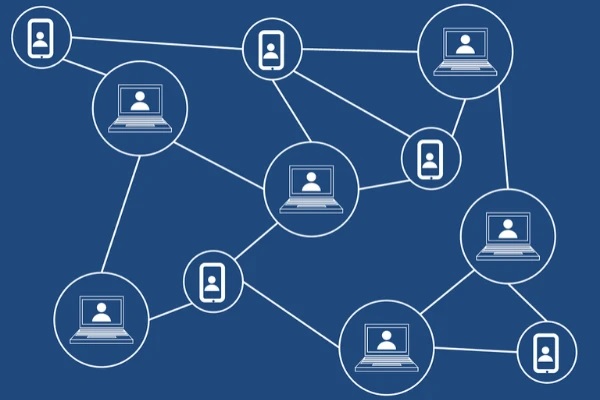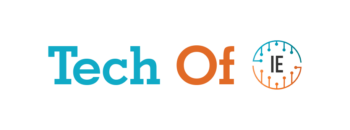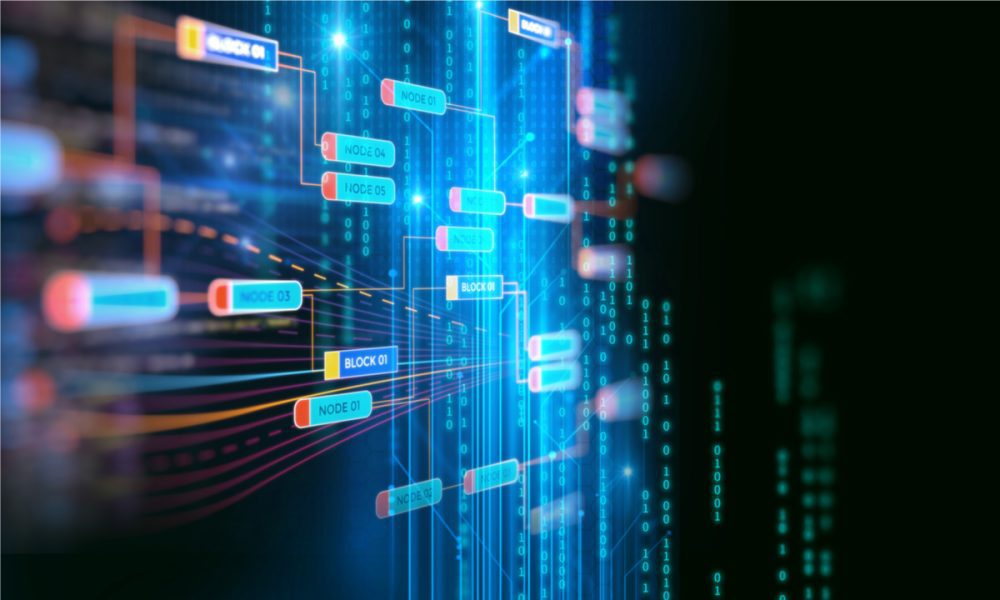As technology continues to evolve, so does the need for secure and efficient methods of digital identity and authentication. Blockchain technology has emerged as a potential solution to this problem, offering a decentralized and immutable way to verify identities and transactions online.
What is Blockchain?
Blockchain is a distributed ledger technology that allows for secure and transparent transactions without the need for intermediaries. Each block in the chain contains a record of transactions and is linked to the previous block, creating a permanent and unalterable ledger of all transactions.
One of the key features of blockchain is its decentralized nature, which means that there is no central authority controlling the network. Instead, all nodes in the network have equal access to the ledger and can verify transactions. This makes it difficult for hackers to manipulate the system, as they would need to compromise the entire network rather than a single point of failure.
How can Blockchain be Used for Digital Identity and Authentication?

Traditional methods of digital identity and authentication, such as usernames and passwords, are vulnerable to hacks and data breaches. Blockchain offers a more secure and efficient way to verify identities and transactions online.
Blockchain-based digital identity systems use cryptographic keys to verify identity and transactions. Each user has a public key and a private key, which are stored on the blockchain. When a user wants to authenticate a transaction, they use their private key to sign the transaction and the network verifies it using their public key. This creates a secure and tamper-proof record of the transaction.
One of the key benefits of blockchain-based digital identity systems is that they are decentralized, which means that there is no central authority controlling the network. This makes it more difficult for hackers to compromise the system, as they would need to compromise the entire network rather than a single point of failure.
The Benefits of Blockchain-based Digital Identity and Authentication
There are several benefits to using blockchain-based digital identity and authentication systems:
- Increased Security: Blockchain-based systems are more secure than traditional methods of digital identity and authentication, as they use cryptographic keys to verify identity and transactions.
- Efficiency: Blockchain-based systems are more efficient than traditional methods, as they eliminate the need for intermediaries and reduce the time and cost associated with verifying transactions.
- Decentralization: Blockchain-based systems are decentralized, which means that there is no central authority controlling the network. This makes it more difficult for hackers to compromise the system.
- Privacy: Blockchain-based systems offer greater privacy, as users can control their own data and choose who has access to it.
The Future of Blockchain-based Digital Identity and Authentication
As blockchain technology continues to evolve, we can expect to see more widespread adoption of blockchain-based digital identity and authentication systems. These systems have the potential to revolutionize the way we verify identities and transactions online, offering increased security, efficiency, and privacy.
One potential application of blockchain-based digital identity and authentication is in the financial sector. Banks and other financial institutions are already exploring the use of blockchain-based systems for identity verification and anti-money laundering (AML) compliance.
Another potential application is in the healthcare sector. Blockchain-based digital identity systems could be used to securely store and share patient data, improving patient outcomes and reducing healthcare costs.
Overall, blockchain-based digital identity and authentication systems offer a promising solution to the problem of secure and efficient online transactions. As the technology continues to evolve, we can expect to see more widespread adoption and new applications in a variety of industries.









